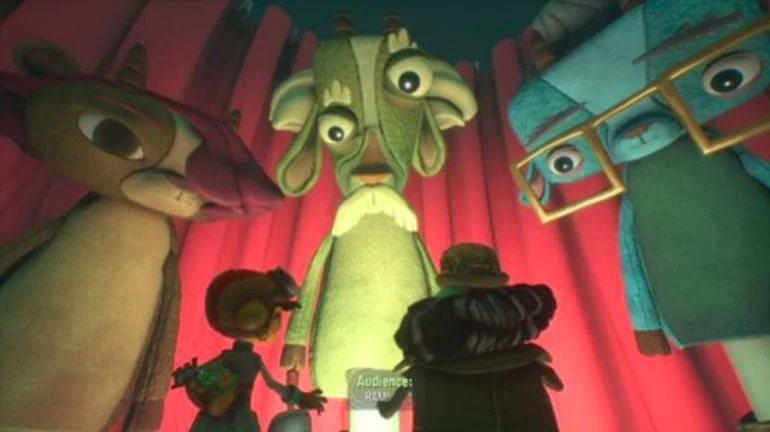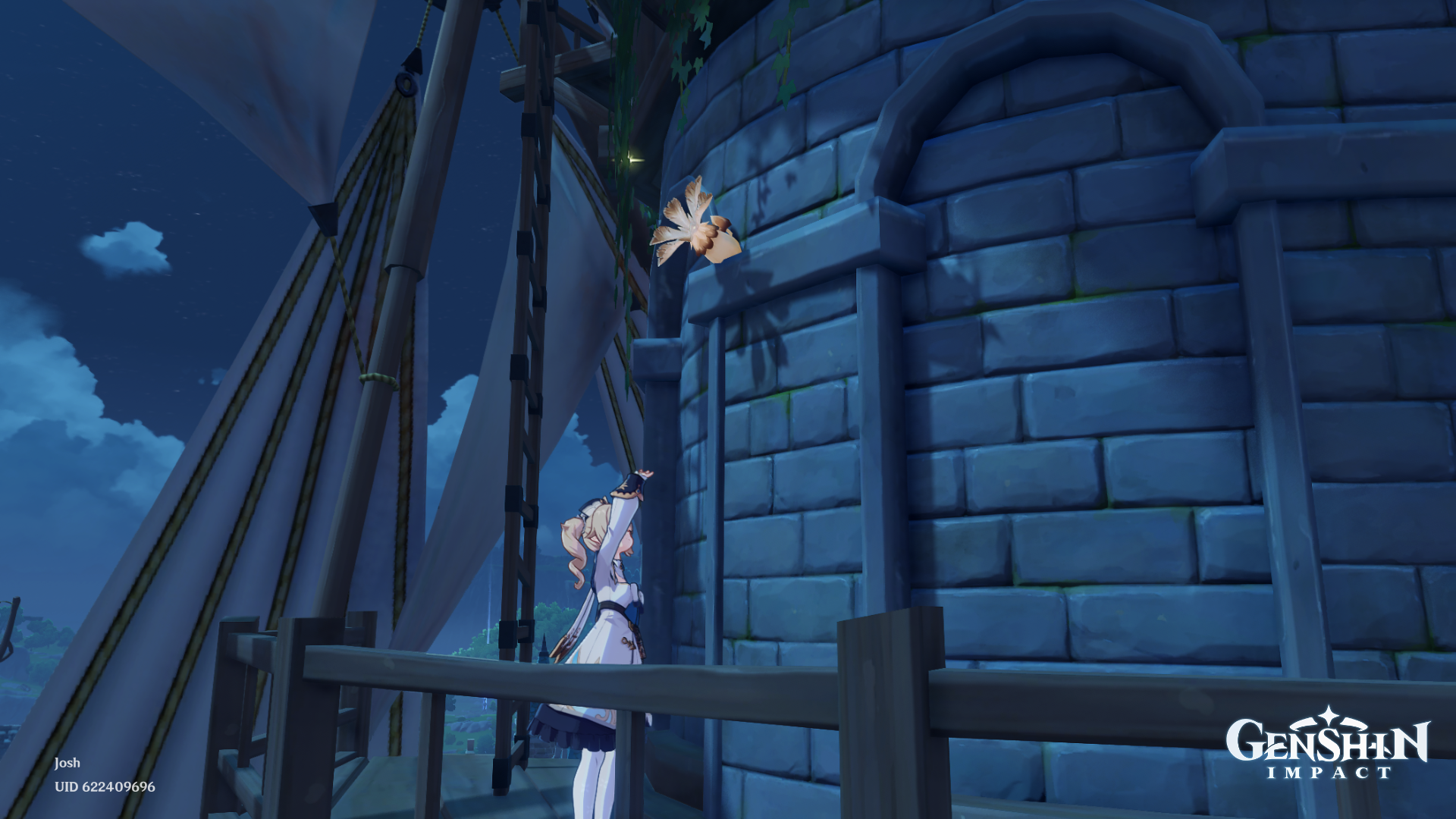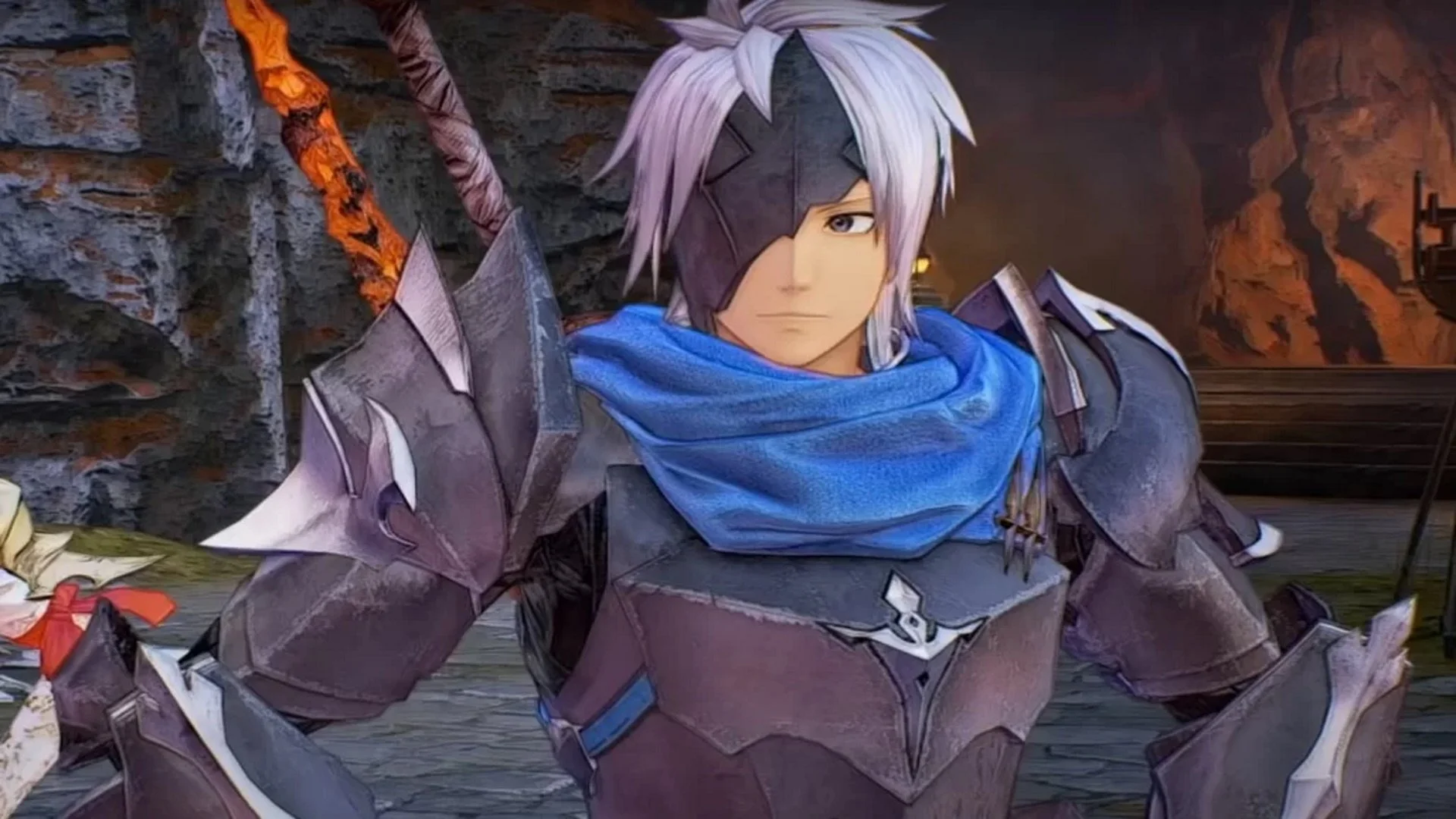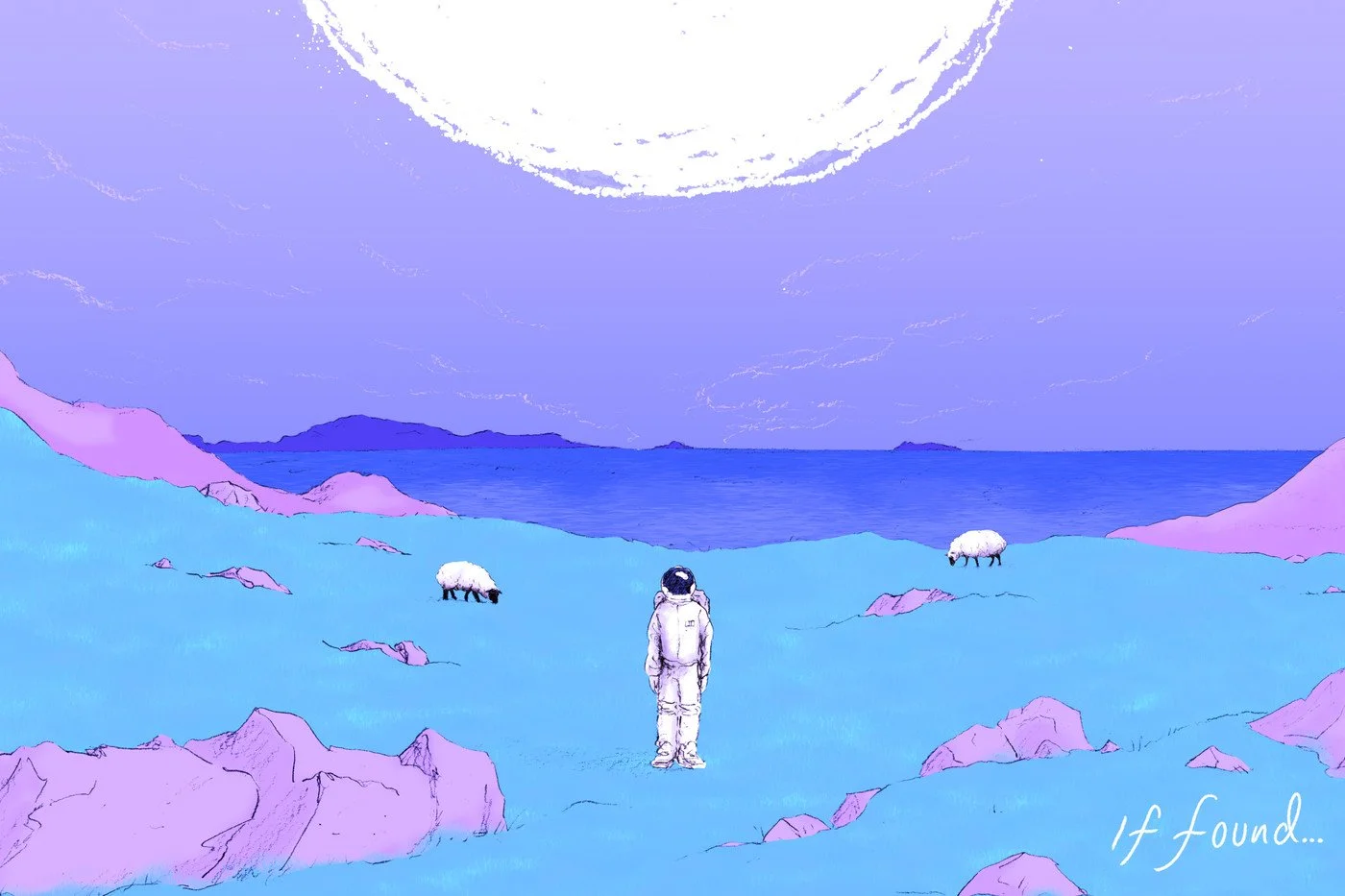Josh Broadwell Wants You To Celebrate Your Wins, Especially When You Don't Feel Like It | Winter Spectacular 2021
It’s an unmatched feeling, when you see a piece you’ve poured so much into finally go live. The pride, the excitement. This is why you write and maybe, just maybe, you’re actually quite good at it.
Five minutes later, you see another writer drop what would have been your dream feature - on a major publication. Your masterpiece sits alone, with one like on Twitter and a dozen impressions at best.
With your bubble burst, you think to yourself that one day you’ll do something worthwhile.
This is what it feels like when you post a joke on Twitter and no one likes it.
The thing is, you’re wrong. Not because you won’t do something worthwhile, but because you already have - whether people recognize it or not. If you’re going to be a writer, it’s essential that you recognise that and learn how to celebrate yourself.
Great expectations are also harmful expectations
I spent my college and university years studying history, a field that demands a lot without much consideration of everything else. If you wanted your work and, by extension, yourself to be worthwhile - you had to submit the best, most interesting and competitive work you could. One professor even went so far as to tell me there was literally no point in doing my degree if I didn’t pursue a PhD, and for that I’d need good grades and a body of original research.
“Um, hey, are you ok? What’s up there?”
”Oh nothing, just the unrealistic standards I hold myself to.”
I graduated at the top of my class - but no one cared. Being broke meant I couldn’t travel the world for original research and meant a PhD program was out of the question. To make matters worse, my professors refused to help when I asked how to transition into a non-academic field using the skills I’d gained. Meanwhile, my peers moved forward, got funding for their research, and began to work on projects deemed ‘significant’ to the field.
So there I was with three years of wasted work and an unshakable - feeling I’d been left behind. It’s a feeling that followed me into games. Surely, I would be left behind again if I didn’t do big things all the time. It didn’t have to be that way, but it was for a long time — and I was miserable.
Comparison is the bane of existence
Someone might have told you at some point in your life that you shouldn’t compare yourself to others. If they haven’t, I’m telling you now - even though it’s not always easy to take to heart.
There comes a point in an RPG where you have to stop trying to min/max stats and just play the game, you know?
This freelancer comes from seemingly nowhere, lands bylines in all the major publications, and takes up an editor role within a year of starting. That one speaks to the most interesting people and always tells insightful stories, while another seems to pull important angles from even the smallest scene. You know this because you read their work… They seem to put something new and interesting out on a daily basis, while you don’t even know what to write about.
The thing is, you don’t know what their circumstances are. I made a post celebrating several new bylines I landed this year — but what I didn’t say is it took me three years to get there, including interning for free (don’t do that by the way), not writing for a while, and generally having no clue what to do.
You’ll see a colleague’s triumphs and rarely hear about how many failed pitches it took to get there. They’ll post about landing an impressive interview, but never mention the privilege, connections, or even years of behind-the-scenes work that made it possible.
Put it in perspective and celebrate everything
The context around what you achieve is more important than how much you do or how flashy it is. Getting a major byline is something worth celebrating — but so is writing a pitch that gets rejected. Literally, everything you do helps you grow as a writer and it’s the small things that always seem to go unseen.
You now, I bet Agent 47 has awful impostor syndrome.
It's little comfort when it seems like everyone else is succeeding, but looking at your work relative to your circumstances makes a significant difference. A failed pitch is still worth celebrating. Not only did you conceptualise an idea, but you gained experience in how to articulate it. Any published piece is worth celebrating, whether it’s your first on Polygon or a blog post that’s the only thing you’ve written all year.
The biggest wins are often the ones people don’t even see. For most of my late teens and early 20s, I was a co-caregiver for my grandparents who both had dementia. It meant losing connection with my friends and eventually the outside world in general, aside from doctors and nursing home staff, to the point where I developed intense social anxiety. My biggest win of this year isn’t reviewing a big game or getting new bylines. It’s having finally joined a few Discord servers and trying to chime in daily, despite how difficult it was to do at first.
That’s because, literally, everything you do helps you grow as a person and a writer. Focusing on that growth instead of what you wish you did or think you should be doing means you can take greater pleasure in victories of all sizes. It’s a healthier way to live, and frankly, you deserve that kindness to yourself.










